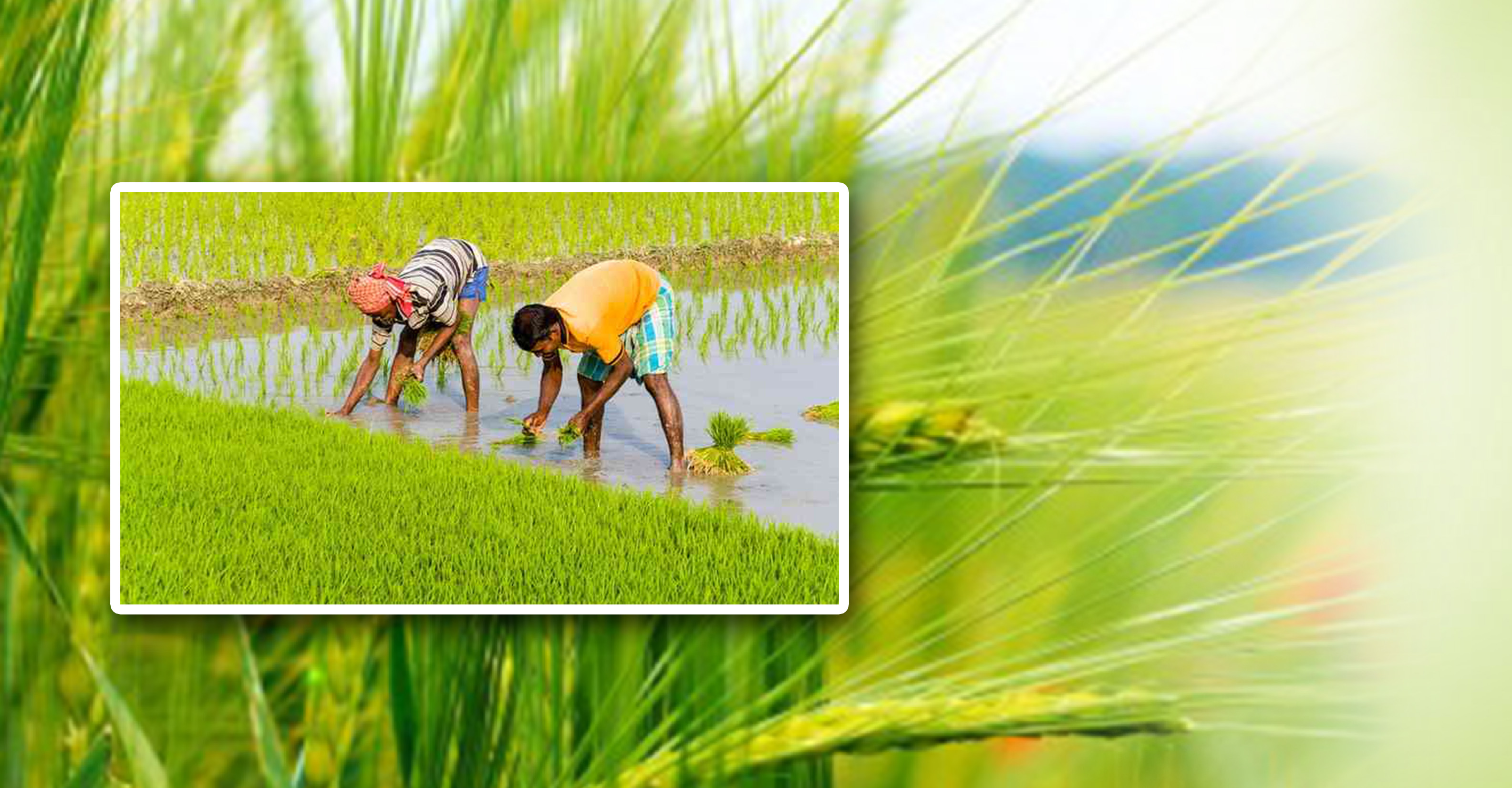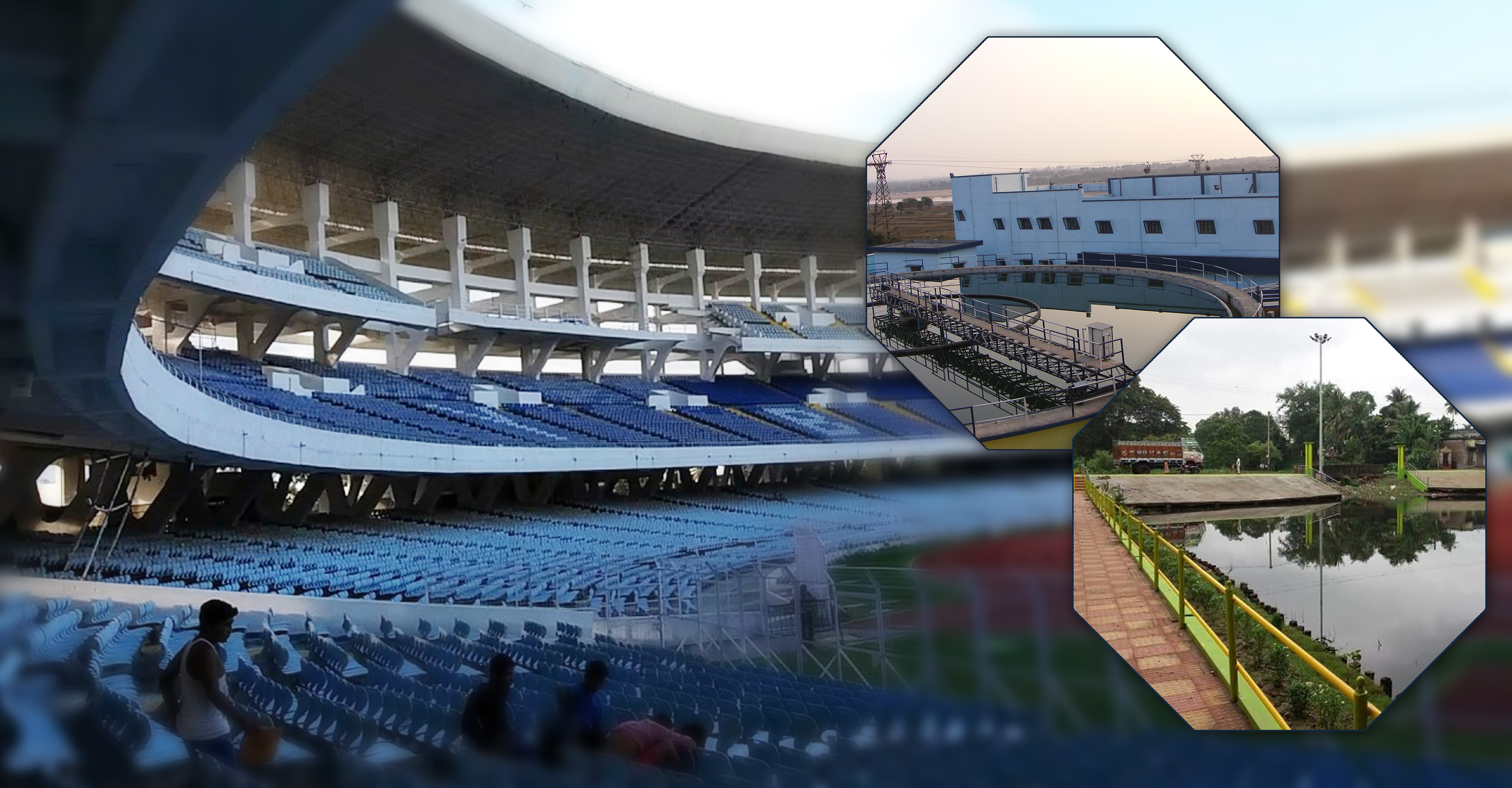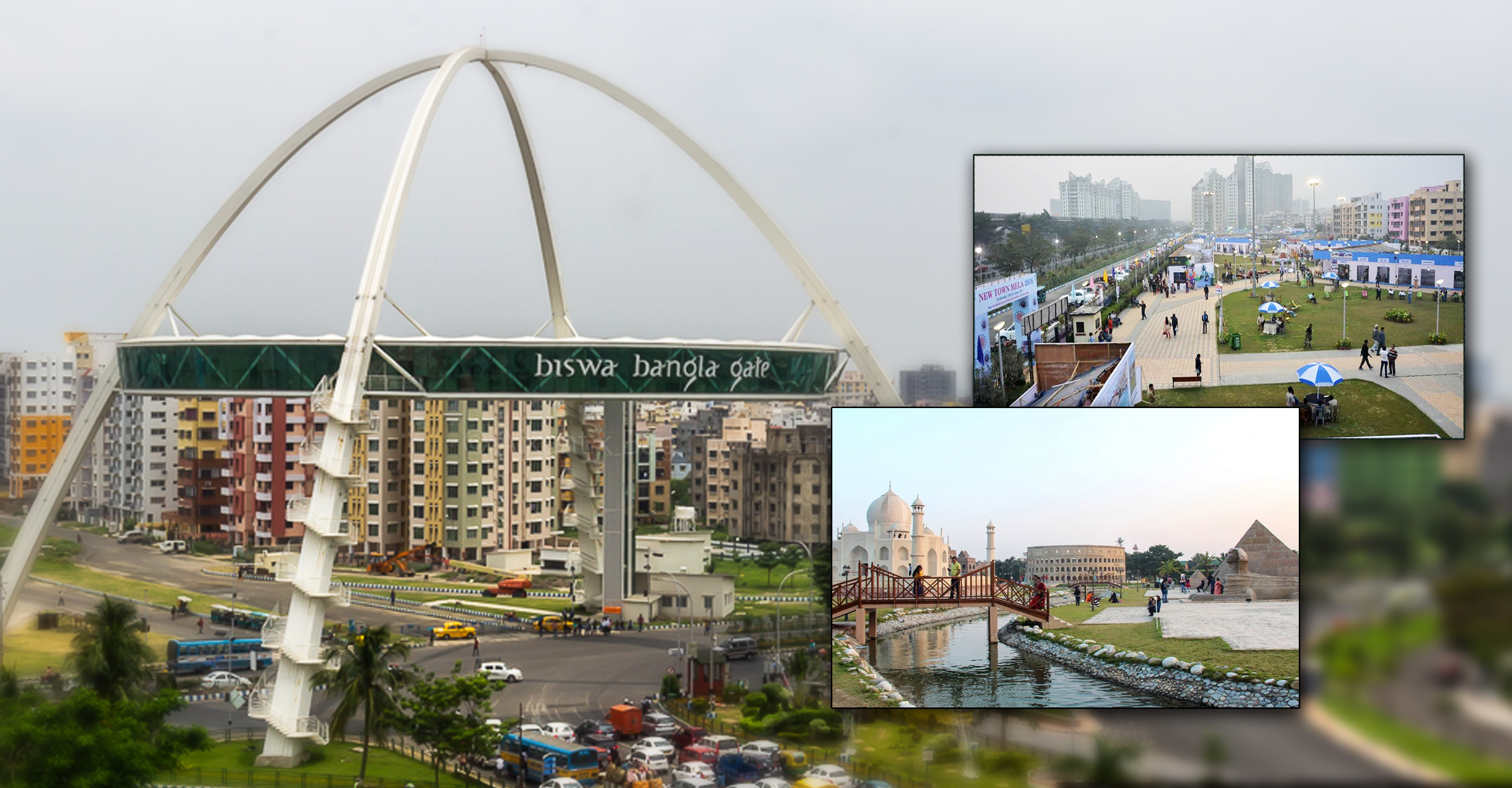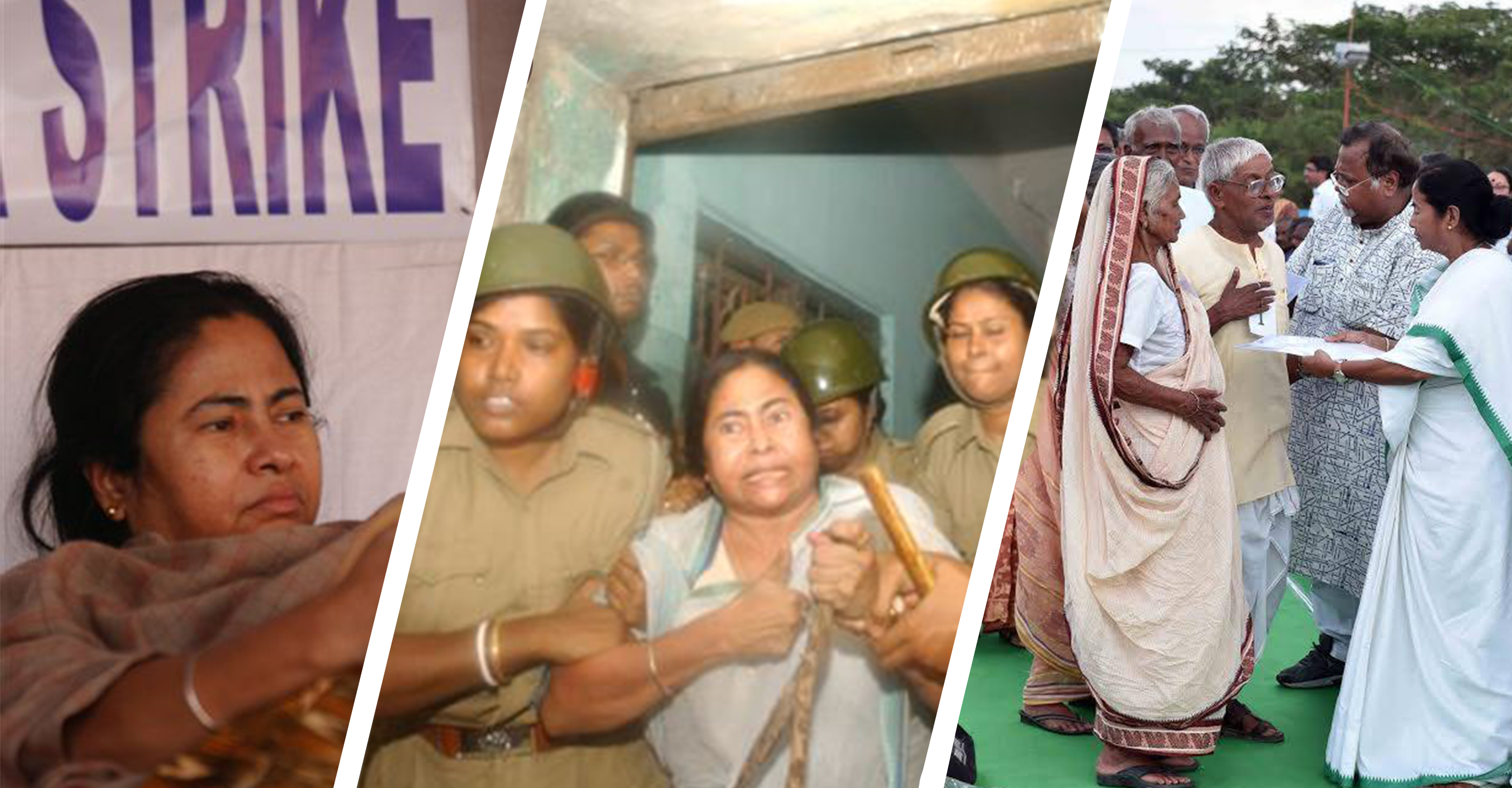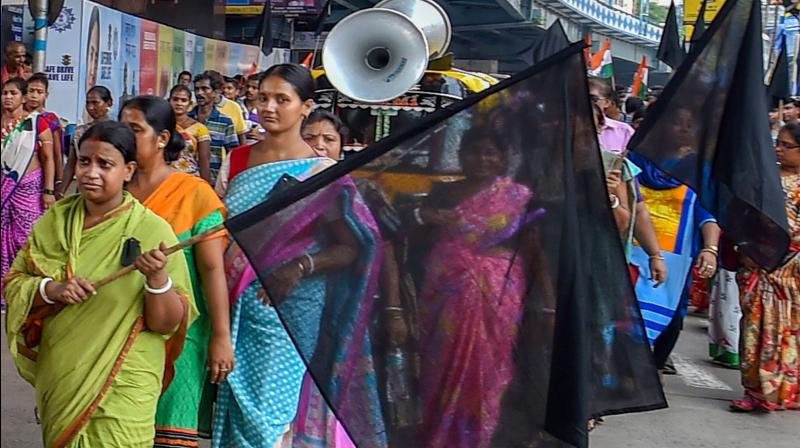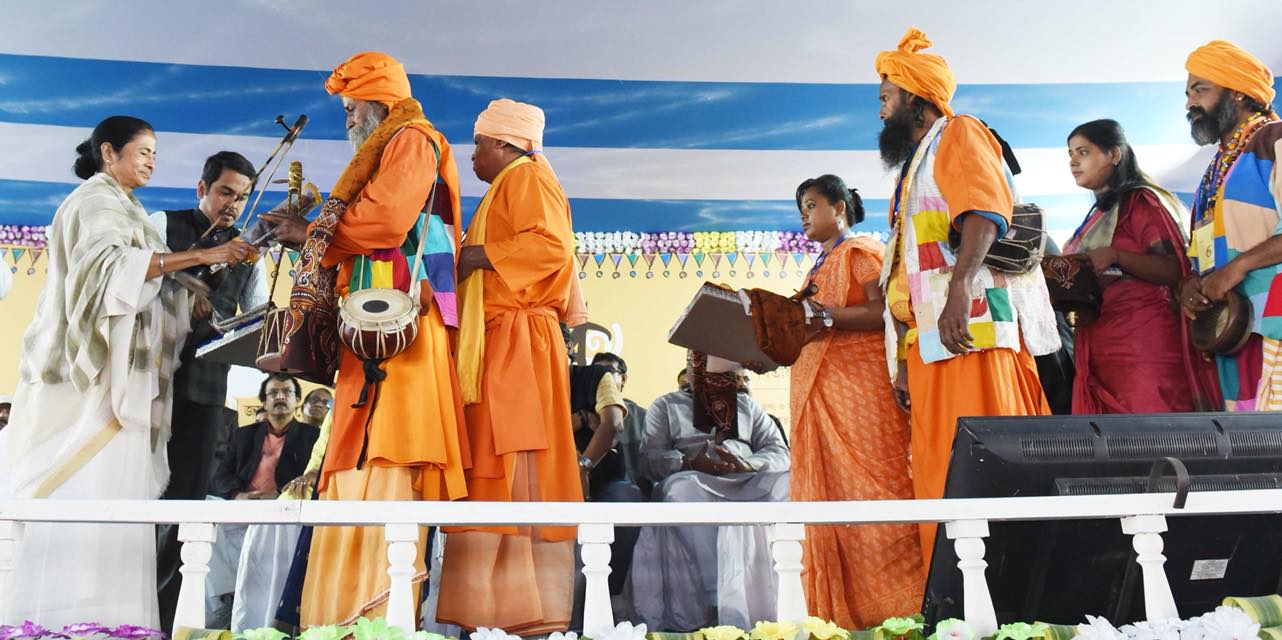The State Urban Development and Municipal Affairs Department has done a commendable job under the Trinamool Congress-run administration. Over the last seven years, it has set up eight development authorities and carried out a lot of work on township beautification.
The primary achievements are as follows:
New development authorities: For the upgrading of existing infrastructure and creation of new tourist attractions in planned manner, eight development authorities have been constituted. They are:
- Gangasagar Bakkhali Development Authority (in 2013),
- Furfurah Sharif Development Authority (in 2015),
- Tarapith Rampurhat Development Authority (in 2015),
- Bakreswar Development Authority (in 2016),
- Patharchapuri Development Authority (in 2016),
- Mukutmanipur Development Authority (in 2017),
- Changrabandha Development Authority (2017) and
- Tarakeswar Development Authority (2017).
Area extension work has been done for Gangasagar Bakkhali Development Authority, Haldia Development Authority, Tarapith Rampurhat Development Authority and New Town Kolkata Development Authority.
Green City Mission: It was launched in 2016 for all cities of the State to make them future-proof, talent-friendly and investment-oriented by adopting sustainable, environment-friendly, liveable, energy-positive (adoption of solar energy) and information technology-friendly programmes. A total of 2,596 projects with a total project cost of Rs 1,290 crore have been launched.
Gitabitan: This new township dedicated to art, culture and design is being developed in Bolpur in Birbhum district under the Sriniketan Santiniketan Development Authority.
Floating market at Patuli: For rehabilitating shopkeepers who had to move away because of the widening of the EM Bypass, a unique floating market was created at a waterbody in Patuli near Garia, Kolkata. It has become immensely popular, both among locals and visitors.
Tele Academy and Correctional Home: A Tele Academy (academy for imparting training on various aspects of the television industry) and a state-of-the-art correctional home are being constructed in Baruipur.
Eco Tourism Park: Also known as Prakriti Tirtha, this beautiful park was set up on 480 acres of land around a 112-acre waterbody, alongside Biswa Banga Sarani in New Town. It has now become one of the biggest tourist attractions of Bangla.
Other constructions in Newtown: Other important constructions in New Town, one of the green cities and now considered a model city in the country, are Rabindra Tirtha, Nazrul Tirtha, Mother’s Wax Museum, Kolkata International (Biswa Bangla) Convention Centre and the Financial Hub.
Bicycles: A dock-less, GPS-enabled bicycle sharing service has been started in New Town.
Developments in Digha: A huge illuminated Welcome Gate was constructed in Digha to welcome visitors. The gate is beautifully designed and is lit up beautifully too, and it has become a popular spot for photography. A convention centre is under construction as well as a Hawkers’ Rehabilitation Centre, beachfront beautification in front of Saikatabas and other places, a central bus stand, Digha Mohana Road, bituminous road to Sankarpur and Tajpur, and from Digha Gate to Mandarmoni, and Biswa Bangla Uddyan.
Developments in Mukutmanipur: The area under Mukutmanipur Development Authority has been declared a tobacco-free and plastic-free zone. The authority has adopted the motto, ‘Green and clean Mukutmanipur’. Open consumption of both tobacco and alcohol has been banned here, along with a ban on use of plastic.
Developments in Tarakeswar: Three electrical high masts have been put up by Tarakeswar Panchayat Samity. The Tarakeswar Municipality has put up 13 electrical high masts, trident lamp posts with LED Lamps and 300 nine-metre electrical poles with LED lights.
Hospitals: Beautification and frontage development of 23 district hospitals have been completed and work has been initiated for another 13 district, sub-divisional and State General Hospitals.
Parks: Development of more than 406 parks has been completed and that of another 391 are in the works as part of a green space development programme.
Crematorium: In the Medinipur-Kharagpur planning area, an electric crematorium has been constructed to prevent pollution generated by burning of wood in funeral pyres.

